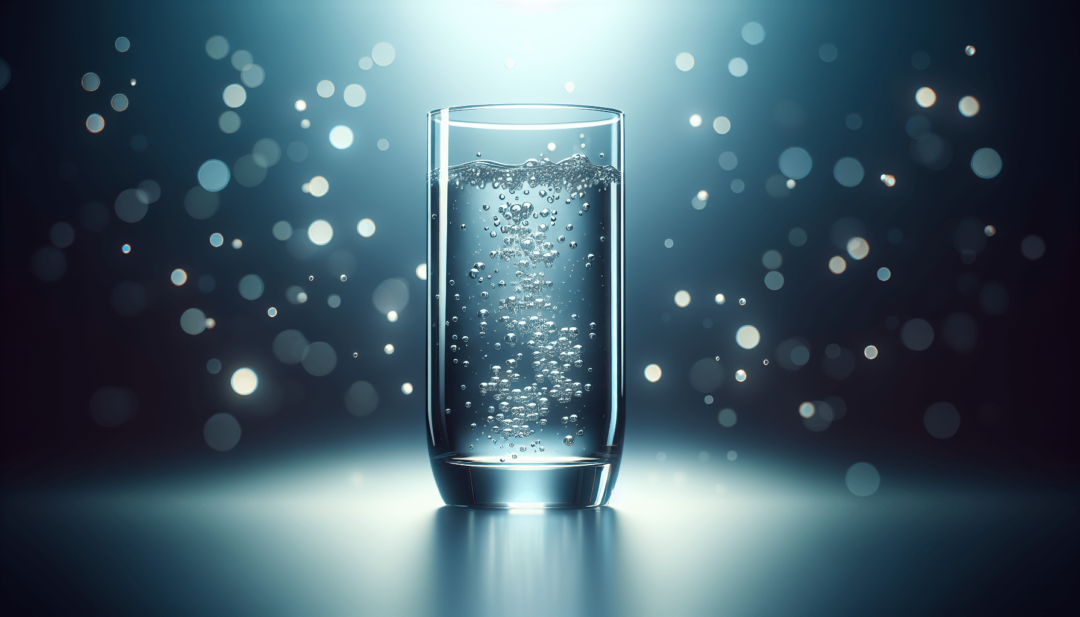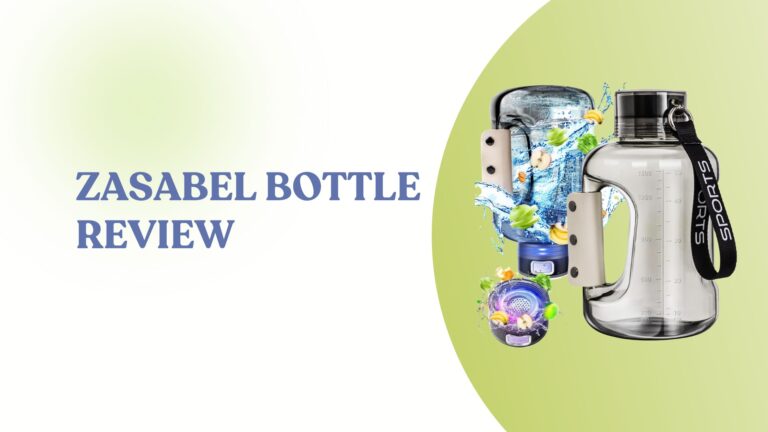The Truth About Hydrogen Water
Have you ever wondered if hydrogen water is more about science or marketing? You’re not alone. Many people are curious about whether this trendy water is worth the hype or just another health fad destined to fade. In this friendly exploration, we’ll unpack the reality of hydrogen water. We’ll examine the scientific evidence, explore potential health benefits, and consider the skepticism surrounding it. By the end of this read, you’ll have a solid grasp of what hydrogen water truly offers.
Understanding Hydrogen Water
To appreciate what hydrogen water is, we must first break down its composition. Essentially, hydrogen water is simply water with additional hydrogen molecules. Unlike conventional water, which consists of two hydrogen atoms bonded to an oxygen atom (H₂O), hydrogen water includes extra hydrogen gas dissolved in the liquid.
Key Features of Hydrogen Water
- Additional Hydrogen: Hydrogen gas is added, purportedly increasing its benefits beyond regular water.
- Stability and Shelf Life: How the hydrogen is dissolved and stored can affect its effectiveness; it is often stored in sealed containers to maintain its higher hydrogen concentration.
By understanding these fundamentals, you can better assess what hydrogen water has to offer and why it has garnered attention for potential health benefits.
The Science Behind Hydrogen Water
It can be puzzling to discern whether hydrogen water is grounded in real health benefits or just clever marketing. So, what does science say about it?
Origins of Hydrogen Water Research
Research on hydrogen as a health supplement started in Japan, where studies suggested that it might possess antioxidant properties. Researchers examined its effects on reducing oxidative stress, a factor in chronic diseases like cancer and diabetes.
How Hydrogen Water Is Claimed to Work
Proponents argue that dissolved hydrogen acts as an antioxidant. The theory is that it scavenges harmful free radicals in your body.
| Claimed Benefit | Mechanism | Explanation |
|---|---|---|
| Antioxidant Properties | Neutralizes free radicals | May reduce oxidative stress |
| Anti-inflammatory Effects | Reduces inflammation markers | Believed to help chronic inflammation |
| Enhanced Energy | Improves mitochondrial function | May boost energy levels by optimizing cellular activities |
By examining these claims through a scientific lens, it becomes evident that hydrogen water’s potential health benefits stem largely from its antioxidant effects.

Potential Health Benefits of Hydrogen Water
While scientific exploration continues, some studies have indicated certain health benefits associated with hydrogen water. The key term here is “potential” since the research is still developing.
Antioxidant Effects and Oxidative Stress
Oxidative stress results from an imbalance between free radicals and antioxidants in the body, potentially leading to cell damage and various diseases. Some preliminary studies report that hydrogen water might help counteract oxidative stress, suggesting a possible role in health maintenance.
Anti-inflammatory Properties
The potential of hydrogen water to reduce inflammation could be beneficial for those suffering from chronic inflammatory conditions. Some research has indicated that it might slow the markers of inflammation, thus aiding in the management of such conditions.
Possible Improvements in Athletic Performance
Some athletes swear by hydrogen water for recovery. There is minimal evidence suggesting it might reduce muscle fatigue and improve endurance, potentially by combating oxidative stress on muscles during intense physical activities.
Impact on Metabolic Disorders
Preliminary studies indicate that hydrogen water could have small effects on metabolic disorders, such as obesity or diabetes, through its antioxidant functions that potentially regulate metabolism.
Enhancements in Skin Health
Although not extensively studied, some anecdotal evidence supports hydrogen water’s ability to promote skin health, potentially reducing signs of aging. This is primarily attributed to its antioxidant properties, which may protect skin cells from damage.
Given these potential benefits, it’s crucial to balance them with an understanding of their preliminary nature and await further validations from ongoing research.
Skepticism and Criticisms
Despite promising early research, skepticism remains. The criticisms often stem from the limited body of rigorous studies.
Lack of Large-Scale Clinical Trials
Most hydrogen water studies are small and preliminary. Without large-scale trials, it’s challenging to conclusively credit hydrogen water with the benefits attributed to it.
Marketing Over Science
Commercial enthusiasm sometimes outpaces scientific validation. High selling points are heavily marketed, while critical nuances of research are not always disclosed.
Cost Versus Efficacy
Hydrogen water is often priced significantly higher than regular water, sparking debates over cost-effectiveness. Are the benefits (if any) worth the extra cost?
Individual Variability
Responses to hydrogen water could vary between individuals. Factors like genetic predisposition or lifestyle play roles in whether someone might experience significant benefits.
It’s essential to maintain a critical mindset while exploring hydrogen water and not take marketed claims at face value. Understanding both sides of the picture allows for more informed decisions.

Scientific Studies and Evidence
The studies conducted thus far form a basis for future exploration, and while some show promise, others remain inconclusive. Here’s a look at significant studies associated with hydrogen water.
Prominent Studies and Their Findings
Research: In 2007, a study in “Nature Medicine” indicated hydrogen inhalation protects the brain after ischemia. Hydrogen water might have similar neuroprotective properties.
Outcome: Hydrogen water consumption demonstrated a reduction in oxidative stress markers and improved outcomes in certain animal models.
Research: A 2010 study researched effects on metabolic syndrome, showing improvements in cholesterol and glucose metabolism.
Outcome: Although significant in small studies, results call for further human trials to confirm effects.
As research continues, these studies lay the groundwork for further inquiries and potential validations of health claims surrounding hydrogen water.
How to Purchase and Use Hydrogen Water
If you’ve decided to try hydrogen water, you might be curious about where to get it and how to incorporate it into your routine.
Buying Hydrogen Water
- Online Retailers: Numerous online platforms sell hydrogen water in bottled forms.
- Health Stores: Increasingly found in health-focused establishments.
- DIY Options: Tablets and machines for home hydrogenation are available for those interested in making their own.
Incorporating Hydrogen Water in Your Routine
- Start Small: Begin with a glass per day, observe any changes or benefits.
- Post-Workout Recovery: Consider using it post-exercise to test its effects on muscle recovery.
- Hydration Routine: Replace regular water with hydrogen-enriched ones sporadically to gauge effects.
Approaching this venture with a balanced perspective ensures informed consumption without undue expectations.
Conclusion
The exploration of hydrogen water ultimately comes down to separating fact from fiction informed by ongoing scientific research, consumer feedback, and personal experience. It offers intriguing possibilities as an antioxidant and potential benefits for inflammation and athletic recovery. Nevertheless, it’s equally vital to approach this topic with healthy skepticism due to limited substantial evidence from large-scale human trials.
In the end, hydrogen water can be seen as an exciting area of ongoing scientific exploration. While it might not be the miracle cure some claim, moderate consumption could be an interesting addition to a well-balanced lifestyle if you’re curious and informed. As always, ensure to consider scientific recommendations and perhaps consult with a healthcare professional before making significant changes to your routine.


